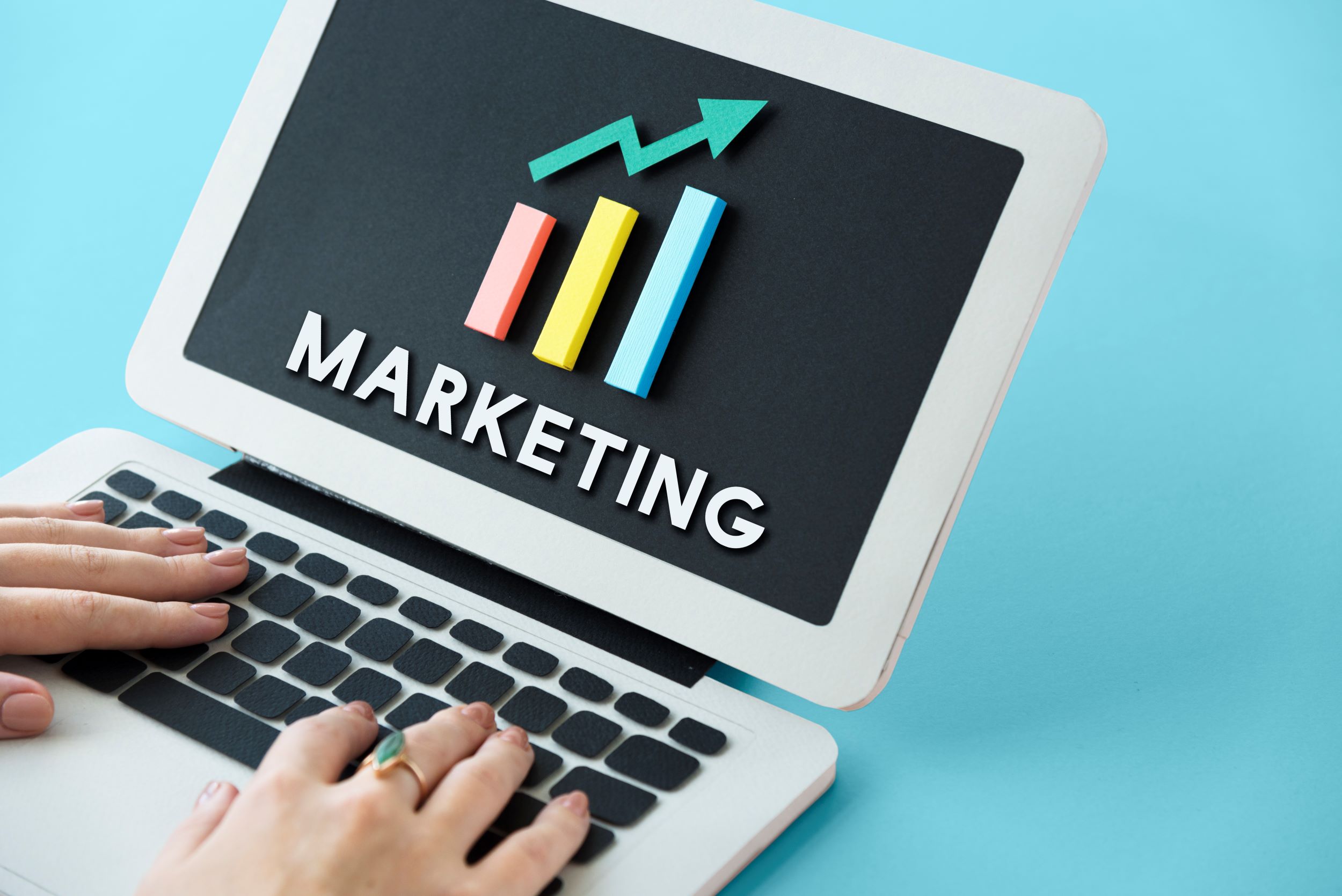Digital Marketing vs. Social Media Marketing: What’s the Difference and Which One is Better?
In today’s digital age, businesses have countless ways to promote their products and services. Two of the most popular strategies are digital marketing and social media marketing, but they’re often misunderstood as being the same. While both are powerful tools, they have distinct roles and benefits. Let’s take a closer look at what makes them different, and which might work best for your business.
Digital Marketing vs. Social Media Marketing
What is Digital Marketing?
Digital marketing is like the Swiss army knife of online promotion—it encompasses everything a business does to reach its audience through digital channels. This includes email marketing, search engine optimization (SEO), pay-per-click (PPC) advertising, content creation, affiliate marketing, and even SMS campaigns.
Imagine digital marketing as a toolbox where every tool has a specific purpose. SEO lays the groundwork by helping your website rank higher in search results, making it easier for potential customers to find you. PPC ensures immediate visibility, putting your ads in front of the right people at the right time. Email campaigns help nurture customer relationships with personalized updates and promotions, while content marketing positions your brand as an authority through valuable and engaging information.
Digital marketing is incredibly versatile. It meets customers wherever they are—on websites, search engines, or mobile apps—making it a holistic approach to brand promotion. It’s not just about reaching a broad audience but also about targeting specific users at every stage of their buying journey, from awareness to decision-making.
What is Social Media Marketing?
Social media marketing is a focused branch of digital marketing. It hones in on building a presence and engaging audiences on platforms like Facebook, Instagram, Twitter, LinkedIn, TikTok, and Pinterest. Think of it as the heartbeat of modern branding—it thrives on creativity, interaction, and authenticity.
Social media marketing goes beyond posting pretty pictures or catchy captions. It’s about creating a connection. Brands use this channel to tell stories, start conversations, and foster loyalty. For example, you can use targeted ad campaigns to reach specific demographics, from young professionals on LinkedIn to trend-savvy teens on TikTok. At the same time, engaging directly with followers through comments, messages, or live sessions builds trust and community.
Social media marketing also focuses on visually compelling and tailored content. From short videos to memes or infographics, each post is crafted to resonate with the audience on a personal level. While its scope is narrower than digital marketing, its ability to connect emotionally with users makes it a powerhouse for brand awareness.
Key Differences Between Digital Marketing and Social Media Marketing
1- Scope
Digital marketing is broad, covering every online channel imaginable, while social media marketing focuses solely on social platforms.
2- Purpose
Digital marketing often aims at long-term goals like website traffic, lead generation, and conversions. Social media marketing prioritizes immediate engagement and community building.
3- Audience Reach
Digital marketing allows businesses to target users across search engines, email, and websites, even those who aren’t active on social platforms. Social media marketing, however, captures audiences where they already spend significant time.
4- Cost and Strategy
Digital marketing strategies like PPC can be more expensive but offer detailed analytics and measurable ROI. Social media marketing is often budget-friendly, particularly for small businesses, and is ideal for direct interaction.
Which One Should You Choose?
It all comes down to your goals. If you want a wide-reaching strategy that touches multiple channels and supports long-term growth, digital marketing is the way to go. On the other hand, if you’re looking to build a loyal community, increase engagement, and connect with your audience in real time, social media marketing is unbeatable.
For most businesses, a combination of both yields the best results. Use digital marketing to cast a wide net, capture leads, and guide them through the sales funnel. Simultaneously, leverage social media marketing to maintain relationships, foster brand loyalty, and drive engagement. Together, they create a comprehensive strategy that sets your business up for success.

